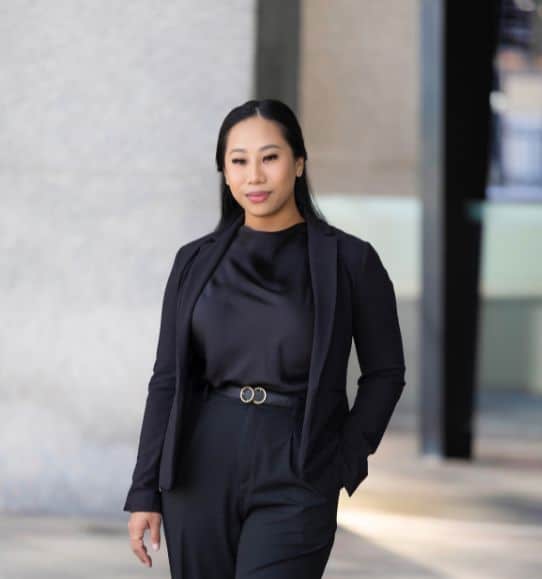What is the litigation process?
Get expert knowledge
Whether you are bringing a matter to court or defending against a claim brought against you, understanding exactly what is involved in the litigation process can bring some peace of mind to an uncertain time.
RCR Lawyers likes to arm our clients with precisely what each step entails so you can make informed decisions along each step of the litigation process.
Enquire about the Litigation Process
"*" indicates required fields

Steps for commercial litigation
Step 1
Determine the appropriate court or tribunal with jurisdiction to hear your matter.
In Queensland, the Queensland Civil and Administrative Tribunal (QCAT) handles consumer and trade disputes over contracts for the supply of goods and services is less than \$25,000.
Your jurisdictional court will differ depending on the amount of the dispute or the remedy you are seeking. If the amounts involved are higher, the dispute will go through the Magistrates Court, District Court or Supreme Court.
The Magistrates Court of Queensland can hear matters up to $150,000
The District Court of Queensland can hear matters between $150,000 – $750,000
The Supreme Court of Queensland hears all matters above $750,000
Step 2
File a with the appropriate court or tribunal.
The Claim should clearly identify the circumstances that led to the dispute, the breach of relevant laws, and the remedy being sought.
Step 3
Serve the Claim on the other party as soon as possible, either personally or through another method, depending on if the party is an individual or registered company.
Step 4
The defendant has 28 days to respond to the Claim with their version of events and any counterclaims. If no defence is filed within this time, a judgment in favour of the plaintiff can generally be requested without a hearing.
Step 5
If the defendant responds to the Claim, the next phase involves disclosure and discovery.
During this period, all parties will explore and probe into each other’s pleadings.
This typically involves searching for relevant documentation, providing a list of documents to the other party, and providing any requested documents.
Parties may also issue subpoenas to third parties seeking discovery of certain documents.
Step 6
Once steps 1-5 have been completed one of the parties can seek a court date. Before the matter proceeds to trial, the Court will usually require the parties to attend a pre-trial conference. This will allow the parties to narrow down the issues in dispute, and see if a resolution can be reached without the need for trial.
Why Choose RCR Lawyers for Resolving Your Commercial Disputes?
Our blend of extensive knowledge, customer-focused approach, and strategic orientation makes us stand out in handling commercial disputes.
We comprehend the difficulties high net-worth individuals and SMEs can encounter as disputes arise.
We’ve designed our services to meet these specific needs.
We want to help you resolve the current conflict and make your business relationships stronger and less risky in the future.
Navigating a commercial dispute resolution can be both time-consuming and emotionally draining.
At RCR Lawyers, we handle the legal work for you.
Our goal is to allow you to focus on running your business successfully.
Contact us
Please contact us today to schedule a confidential consultation, and let us put our extensive experience to work for you.
We’re here to provide expert guidance and practical solutions, ensuring your business stays on the path to success.
Your peace of mind and business prosperity are our top priorities.
Enquire about the Litigation Process
"*" indicates required fields

















